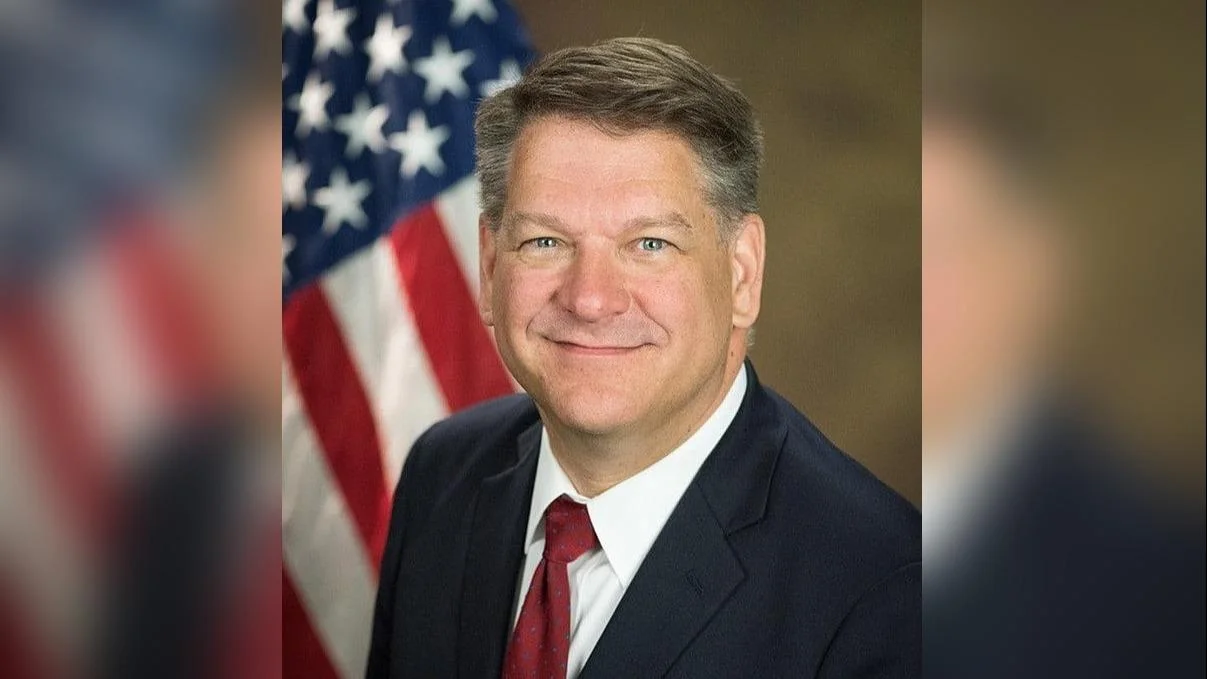Jeramie J. Mason, a 40-year-old resident of Madison, Wisconsin, has been sentenced to 15 years in federal prison for illegal firearm possession as a felon and for possessing with intent to distribute large quantities of fentanyl, methamphetamine, and cocaine. U.S. District Judge William M. Conley delivered the sentence on September 23, 2025. Following his prison term, Mason will serve ten years of supervised release.
Mason was convicted by a jury after a three-day trial in April 2025. The charges stemmed from an incident on November 3, 2023, when detectives from the Madison Police Department searched his bedroom while investigating an earlier fight at Warner Beach Park. During the search, officers found a loaded firearm in a backpack inside the closet along with substantial amounts of illegal drugs: over 4,000 counterfeit pills containing fentanyl, approximately 277 grams of cocaine, and more than 240 counterfeit ecstasy pills containing methamphetamine.
An analyst from the Wisconsin State Crime Lab identified Mason’s DNA on both the firearm and drug packaging materials. At the time these offenses occurred, Mason was already under supervision for previous heroin distribution-related charges and was legally barred from owning firearms due to his felony record.
At sentencing Judge Conley stated that Mason’s actions represented “an alarming escalation” of criminal behavior. He further noted concern over “a firearm was found near the large quantity of drugs,” given Mason's history with violent crimes.
The investigation involved multiple agencies including the Madison Police Department, Maple Bluff Police Department, ATF Madison Crime Gun Task Force—which is composed of federal agents alongside state and local law enforcement—and assistance from the Drug Enforcement Administration. The prosecution was handled by Assistant U.S. Attorneys William M. Levins and Aaron Wegner.
These charges were brought as part of Operation Take Back America—a national initiative by the Department of Justice designed to combat illegal immigration activities linked to organized crime groups and protect communities against violent offenders by leveraging resources across several programs within DOJ such as OCDETF (Organized Crime Drug Enforcement Task Forces) and Project Safe Neighborhoods.





